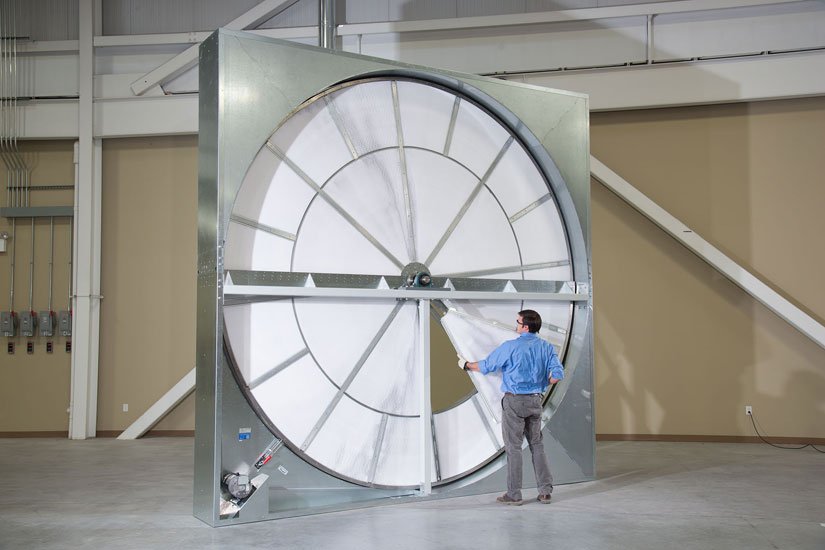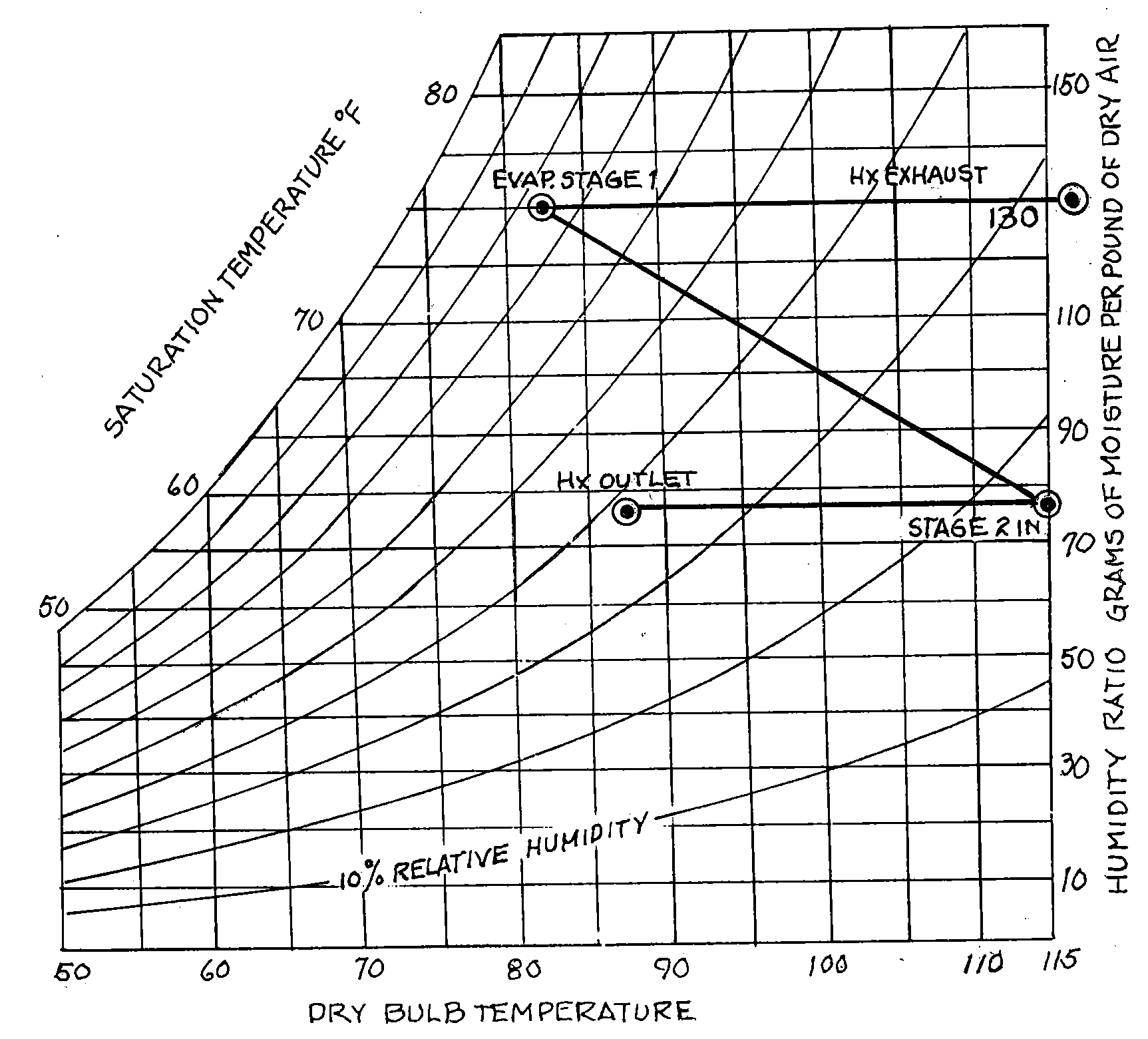Get Tech Tips
Subscribe to free tech tips.
MeasureQuick Launch Is HERE

For those of you who follow the podcast, you know how excited I am about the new MeasureQuick app and what it will do to help technicians make better measurements and diagnoses. The app is NOW AVAILABLE on Android and will be available within hours on iOS (Apple).
To find out more and to download, just go to measurequick.com/downloadnow.
Here is a video from Jim on the launch:
And a video from Brad Hicks with HVAC in SC showing his system at home on the app:
And you can hear the MeasureQuick launch podcast episode HERE.
Big thanks to Jim Bergmann for bringing this excellent technology to the HVAC industry.










Comments
Jim,
This app looks like a winner.
I downloaded it on my android, first thing I noticed is that the app used my physical location to calculate my elevation and my atmospheric pressure ( 1,350 ft. & 13.099 psia).
Currently I’ve been saving to purchase an iManifold, which will open up a whole new avenue of good diagnostic information, happy to see that this app will integrate with iManifold.
As I use this app more I and I get more experience with it I will post an update.
Thanks Jim!
Jim,
This app looks like a winner.
I downloaded it on my android, first thing I noticed is that the app used my physical location to calculate my elevation and my atmospheric pressure ( 1,350 ft. & 13.099 psia).
Currently I’ve been saving to purchase an iManifold, which will open up a whole new avenue of good diagnostic information, happy to see that this app will integrate with iManifold.
As I use this app more I and I get more experience with it I will post an update.
Thanks Jim!
I look on my IPAD. And it was not up for TESTO or IMPERIAL
I look on my IPAD. And it was not up for TESTO or IMPERIAL
When I first downloaded the app earlier [today] I left a comment based on my very first impression, which was that I appreciated how the app calculated my geographic location and then calculated the barometric pressure based on that location and set the PSIG accordingly (13.099 PSIG @ 3150ft).
When I first downloaded the app earlier [today] I left a comment based on my very first impression, which was that I appreciated how the app calculated my geographic location and then calculated the barometric pressure based on that location and set the PSIG accordingly (13.099 PSIG @ 3150ft).
Hi Bryan and Jim, this is Karl.
When I first downloaded the app earlier [today] I left a comment based on my very first impression, which was that I appreciated how the app calculated my geographic location and then calculated the barometric pressure based on that location and set the PSIG accordingly (13.099 PSIG @ 3150ft). 😁
That, however, was just my first impression.
Now that I’ve dug into this app a little more, I’m starting to see and realize the true value of this, namely that this application forces the technician to consider variables and then see what effect and how these variables are going to affect the gauges. I think that this is kinda like the iManifold without the manifold, if that makes any sense…
I did listen to the two part podcast “Check The Charge Without Connecting Gauges” on HVAC School – awesome podcast Bryan – thank you for that idea Jim. [side note: I also had the chance to listen to Doctor Eckhart Groll Ph.D Mechanical Engineering Purdue University discuss some of his thoughts on refrigerants at the HVAC 360 podcast hosted by Matt Nelson] so, not one but two podcasts from two heavy duty HVAC/R thinkers in our industry, all in one day…
This is an excellent application. Thank you Jim.
Hi Bryan and Jim, this is Karl.
When I first downloaded the app earlier [today] I left a comment based on my very first impression, which was that I appreciated how the app calculated my geographic location and then calculated the barometric pressure based on that location and set the PSIG accordingly (13.099 PSIG @ 3150ft). 😁
That, however, was just my first impression.
Now that I’ve dug into this app a little more, I’m starting to see and realize the true value of this, namely that this application forces the technician to consider variables and then see what effect and how these variables are going to affect the gauges. I think that this is kinda like the iManifold without the manifold, if that makes any sense…
I did listen to the two part podcast “Check The Charge Without Connecting Gauges” on HVAC School – awesome podcast Bryan – thank you for that idea Jim. [side note: I also had the chance to listen to Doctor Eckhart Groll Ph.D Mechanical Engineering Purdue University discuss some of his thoughts on refrigerants at the HVAC 360 podcast hosted by Matt Nelson] so, not one but two podcasts from two heavy duty HVAC/R thinkers in our industry, all in one day…
This is an excellent application. Thank you Jim.
I made a remark about the app when I originally downloaded it earlier today based on my initial thoughts about it, which were that I liked how the app determined my location and then determined the barometric pressure based on that location and adjusted the PSIG appropriately (13.099 PSIG @ 3150ft).
I made a remark about the app when I originally downloaded it earlier today based on my initial thoughts about it, which were that I liked how the app determined my location and then determined the barometric pressure based on that location and adjusted the PSIG appropriately (13.099 PSIG @ 3150ft).
To leave a comment, you need to log in.
Log In